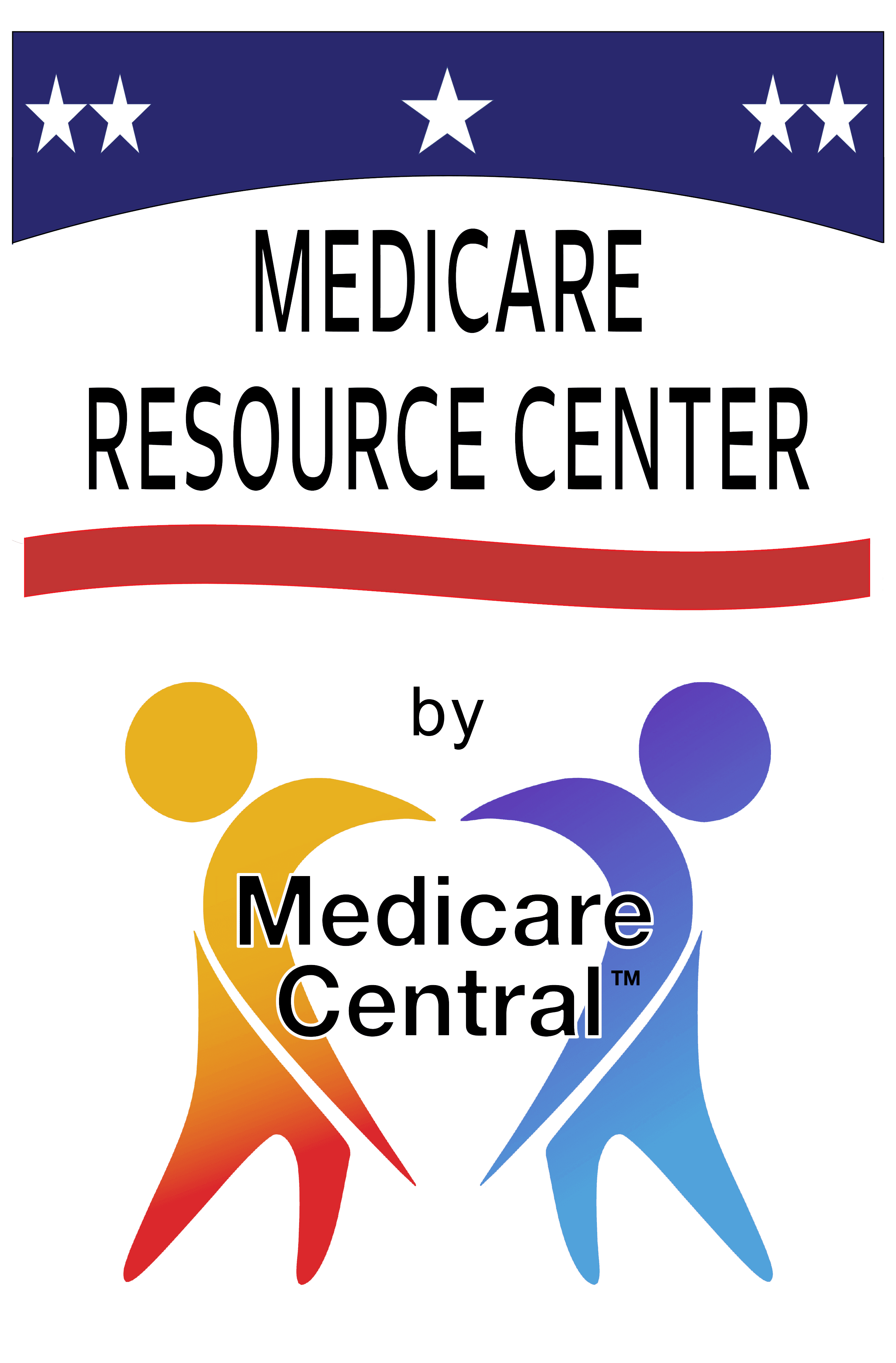
Retirement is a significant milestone in life, signaling the transition into a new phase of freedom and leisure. However, it’s crucial to approach this stage with careful consideration, especially when it comes to your financial security and healthcare needs. Life and health insurance play a pivotal role in ensuring a smooth retirement journey. In this blog post, we will explore the importance of life and health insurance as you prepare to retire, emphasizing the benefits and peace of mind they offer during this new chapter.
- Financial Protection for Loved Ones
Life insurance provides essential financial protection for your loved ones after you pass away. As you approach retirement, you may have outstanding debts, mortgage payments, or other financial obligations. Life insurance coverage can help cover these expenses, ensuring that your loved ones are not burdened with significant financial responsibilities. It can provide them with financial stability and security during an already challenging time.
- Legacy and Estate Planning
Retirement often prompts individuals to consider their legacy and estate planning. Life insurance can be a valuable tool in leaving a legacy for your family or supporting charitable causes that are close to your heart. By designating beneficiaries and including life insurance proceeds in your estate plan, you can ensure that your assets are distributed according to your wishes and that your loved ones are provided for after your passing.
- Supplemental Income for Spouse or Dependents
If you have a spouse or dependents who rely on your income, life insurance can serve as a supplemental income source. This is particularly important if you are the primary breadwinner in your household. Life insurance benefits can help replace lost income, ensuring that your loved ones can maintain their standard of living and meet financial obligations after your retirement or in the event of your untimely passing.
- Health Coverage and Rising Healthcare Costs
As you retire, your healthcare needs become increasingly important. Medicare may provide coverage for many medical expenses, but it does not cover everything. Supplemental health insurance, such as Medicare Supplement plans (Medigap) or Medicare Advantage plans, can offer additional coverage for services like prescription drugs, dental care, and vision care. Having comprehensive health insurance ensures that you have access to necessary healthcare services and mitigates the risk of unexpected medical expenses.
- Protection Against Long-Term Care Costs
Long-term care, including nursing home care or in-home care, can be a significant expense in retirement. Health insurance typically does not cover these costs. However, long-term care insurance can help protect your assets and savings from being depleted by such expenses. It provides coverage for services that help with daily living activities, ensuring that you receive the care you need while preserving your financial well-being.
- Peace of Mind and Financial Security
Retirement should be a time of relaxation and enjoyment, free from financial worries. Life and health insurance offer peace of mind and financial security, allowing you to embrace retirement with confidence. Knowing that you have appropriate coverage and protection in place provides a sense of comfort, knowing that you and your loved ones are prepared for the unexpected and can navigate any healthcare or financial challenges that may arise.
Conclusion
As you prepare to retire, it’s essential to prioritize life and health insurance. These coverages offer financial protection, help with legacy planning, provide supplemental income, and ensure access to comprehensive healthcare services. By understanding the importance of life and health insurance in retirement, you can secure your financial future and enjoy this new chapter with peace of mind, knowing that you have taken the necessary steps to protect yourself and your loved ones.

